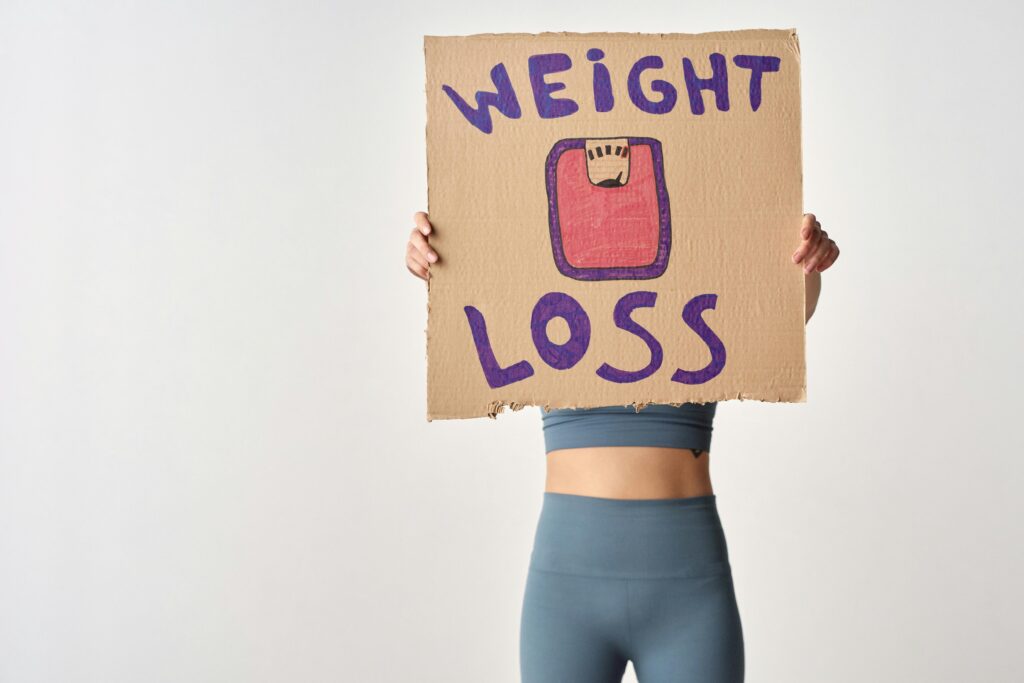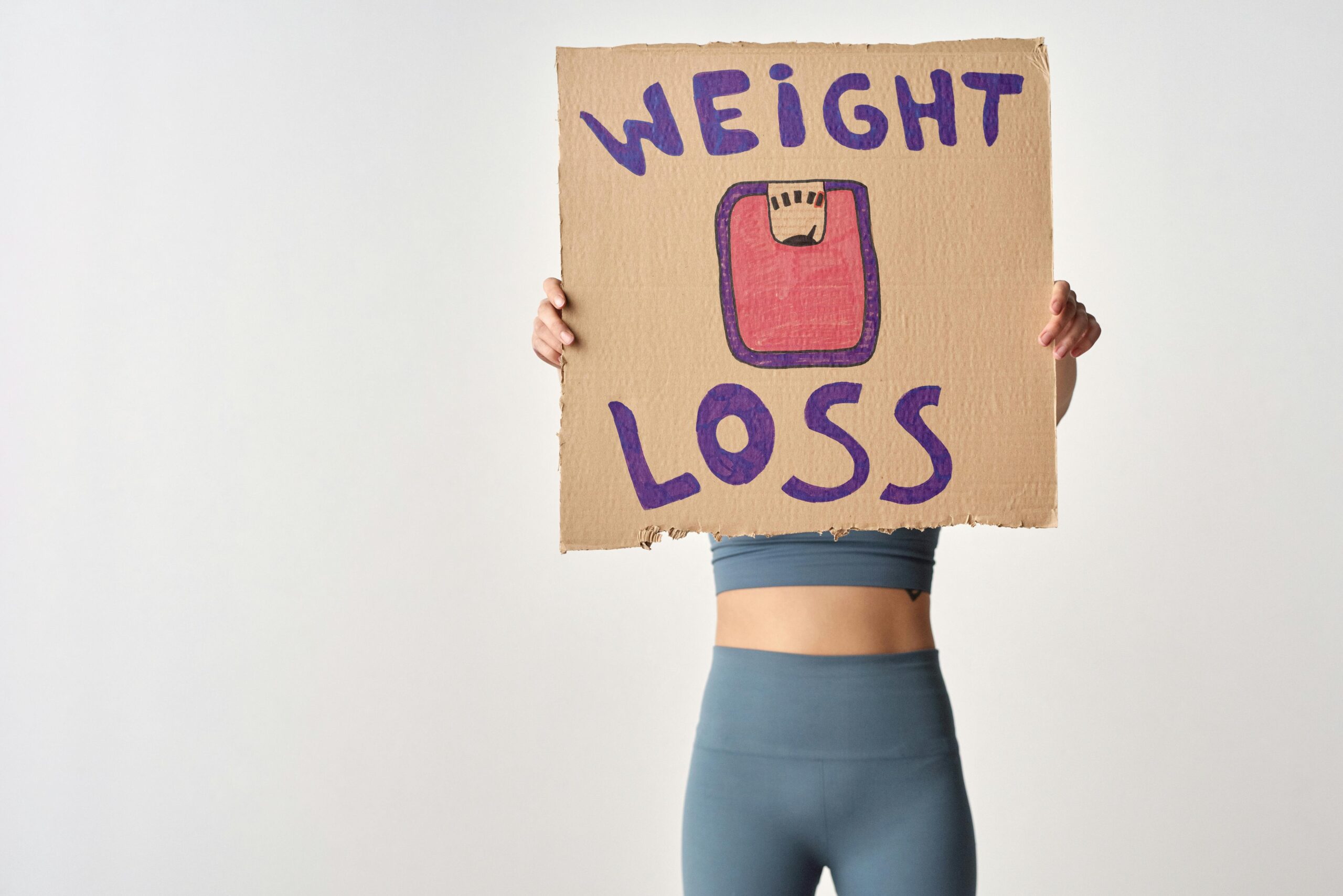When it comes to losing weight, we often tie it to time. Whether body fat has accumulated over one year or ten, we tend to think about how to shed a specific amount within a month or even a week. We try everything, from diet plans to workouts, but sometimes, the scale doesn’t budge. A big reason behind this is a lack of understanding of the science of weight loss. Today, let’s dive into that science to make it clearer.

How Many Calories Should You Burn to Lose One Kilogram?
One common question for those trying to lose weight is, “How many calories do I need to burn to lose 1 kg?” Let’s start with some math and then explore how to turn these numbers into achievable goals.
You’ll need a calorie deficit of about 7700 calories to lose one kilogram. If you want to lose 1 kg weekly by following a healthy diet and exercise, you’ll need a total deficit of 7700 calories over that week.
Is Losing One Kilogram in a Week Possible?
Everyone’s body shape and structure are unique, but with the right approach, it’s possible to lose a healthy one kilogram in a week – and that’s pure fat loss, not just water weight. At this point, it’s essential to understand the difference between fat loss and water loss.
People often experience rapid weight loss in the initial days of dieting or exercise but then see it plateau. For example, you might start dieting at 70 kg, lose a few kilograms quickly, and stall at 65 kg. This initial drop was likely water loss.
However, when you’re experiencing a calorie deficit, weight loss will be slower and steadier. This is sustainable because your diet becomes part of your routine, and there’s no lack of nutrition. If you don’t have a specific event coming up, it’s best to focus on fat loss rather than crash dieting.
Returning to the possibility of losing one kilogram in a week: While everyone’s physical makeup differs, a few factors impact fat loss similarly for most people, including:
- – Starting Weight
- – Activity Level
- – Nutritional Intake
- – Sleep Quality
- – Hormonal Fluctuations
Considering these factors when setting up your diet and exercise plan can help you burn 7700 calories weekly, resulting in a healthy 1 kg weight loss.
How to Ensure Nutrition While Losing Weight
Losing weight doesn’t mean losing nutrition. This point is crucial because inadequate nutrition can lead to weakness mental fatigue, and cause your weight loss mission to end early. Here’s how to ensure you’re getting the nutrients you need:
1. Drink Plenty of Water
If you suddenly feel hungry, drink a full glass of water first. Often, it’s just thirst. If you still feel hungry after 30 minutes, have a seasonal fruit.
2. Eat Slowly
Studies show that when we chew and take our time with meals, the brain signals that we’re full, keeping us satiated for longer, even if the portion wasn’t increased.
3. Eat Fiber-Rich Foods
Fiber is beneficial when you’re trying to lose weight. It keeps you full longer without adding calories and even helps relieve constipation and other issues. So, add more fiber to your diet.
4. Use a Smaller Plate
A big plate may tempt you to serve more significant portions, making it hard to resist filling it up. But if you use a smaller plate, you can fill it up without overeating, leaving you satisfied without overindulging.
5. Increase Protein Intake
Cut down on carbs and fats and increase protein in your meals. Protein is the body’s building block and gives a long-lasting feeling of fullness, reducing cravings for unhealthy, sugary snacks.
Stay Consistent for Sustainable Weight Loss
No matter the strategies, your determination and consistency will help the most. The stronger your commitment, the faster you’ll see results, boosting your confidence along the way. So, while focusing on diet and exercise, don’t forget to care for your mental well-being, too!
Photo Credit: pixels



